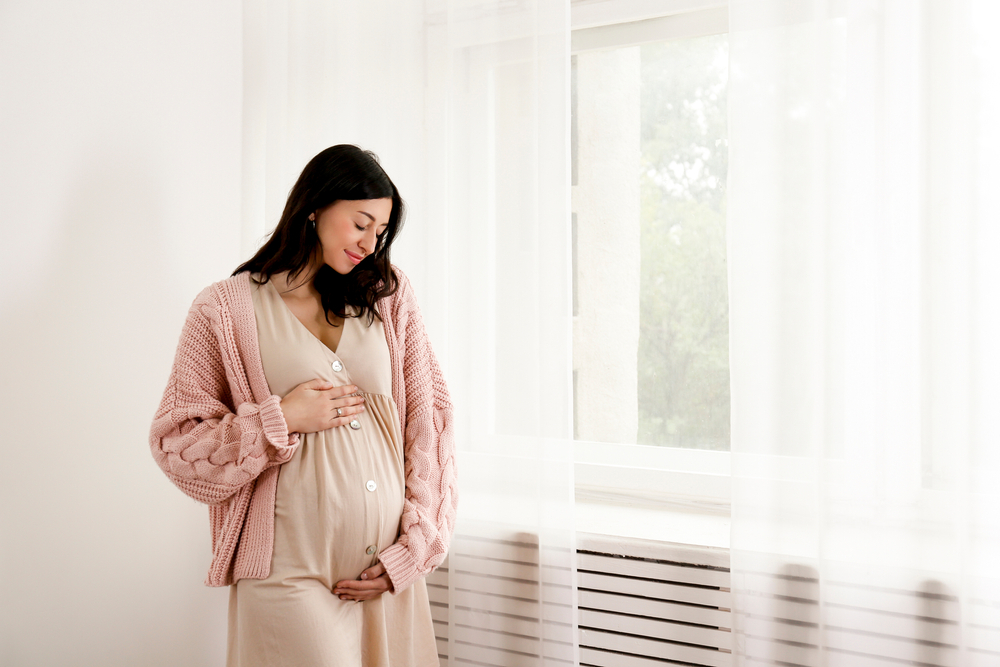Getting pregnant is one of the greatest experiences in life. Not only are you growing a new life inside of you, you’re also becoming more familiar with your body.
Early indications of pregnancy
Having a child is always a thrilling experience but there are several things you can do to make sure your journey is a pleasant one. One of these is a pre-natal checkup. A doctor will be able to examine your body and provide a number of tests to make sure you are in the clear. Some of these tests are the same tests used for pre-menopausal women and others are more specific to women who have a history of miscarriage or are carrying multiples.
The best way to go about this is to consult with a doctor who specializes in women’s health issues. A doctor can also advise you on the best way to prepare for the big day. The most important thing is to take care of yourself.
First trimester
During the first trimester of pregnancy, a woman’s body changes significantly. Her hormone levels change and she becomes more tired and moody. She also needs to consume more food. She should increase her intake of folic acid supplements.
She may experience cramping, bloating, gas, or frequent urination. These symptoms may be related to the uterus growing in size. During this time, she should also be cautious about exercising. Exercise can be dangerous for the fetus, so she should avoid exercises that require her to lie flat.
The first trimester is a time of great excitement and anticipation. It’s also a time when many of the major organs of the baby begin to form.
At 8 weeks, the baby is measuring between 2.5-3.8 centimeters. It’s weighing about one ounce. By 8 weeks, it’s beginning to develop a brain and spinal cord. It also starts to develop arms, legs, and fingers.
Second trimester
During the second trimester, the baby grows quickly. It may be as long as 16 inches in length, and weighs about 2 pounds. In this stage, the baby develops organs, toe prints, and fingerprints. The fetus also begins to build body fat.
The uterus expands in the second trimester, putting pressure on nearby muscles. This can cause dizziness and back pain. It is also difficult to empty the bladder.
Second trimester is also the time to take prenatal vitamins and continue exercising. Make sure you drink plenty of water to avoid dehydration.
You may feel less tired. Your body produces more estrogen during this time. It is also important to continue eating healthy. You should also learn more about breastfeeding.
During this time, you may develop some stretch marks. Your baby may also begin to develop fine hair on its head. You may also experience mild itching.
Third trimester
During the third trimester of pregnancy, your body will be experiencing many changes. The fetus will grow more, putting more pressure on your uterus and bladder.
At this point, your cervix is dilating, which means that it’s getting closer to the time of labor. Your doctor will check for signs of labor and may recommend an ultrasound to check the size of your baby.
Your body will start to gain weight during the third trimester. It is important to continue to eat a healthy, balanced diet. Eating a healthy diet also helps to reduce the risk of complications during pregnancy. It also helps to get plenty of rest and keep your body moving.
A common third trimester symptom is fatigue. This is often due to poor sleep quality, but may also be because of hormonal changes during pregnancy.
Due date
During the due date, babies in the womb go through a significant physical and emotional transition. This is the time when they start to grow, feed, and interact with the world around them. A child’s vision and development improve during this time.
New mothers will experience a wide range of emotions during the due date. This is the time when mom and baby become more bonded. A baby may cry to communicate needs, and parents respond in kind. Babies will also begin to recognize their surroundings and even smile.
A newborn’s tummy is small, and they may need to feed 10 times or more during the early weeks. Warm baths are soothing and can help you bond with your new baby.
After pregnancy is a great time to take care of yourself. You will need to replenish calcium and iron. You can do this by eating leafy greens, almonds, salmon, and tofu.

